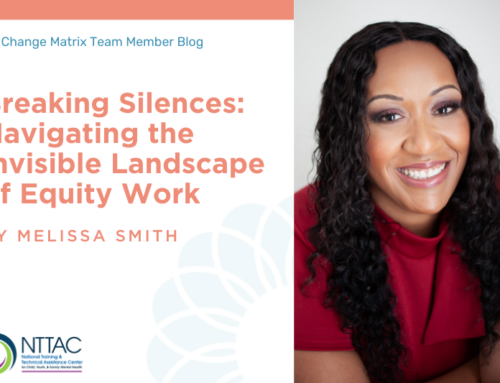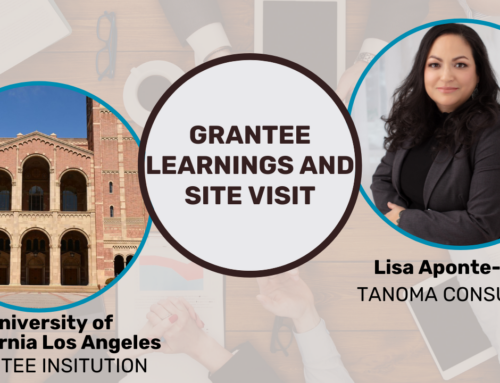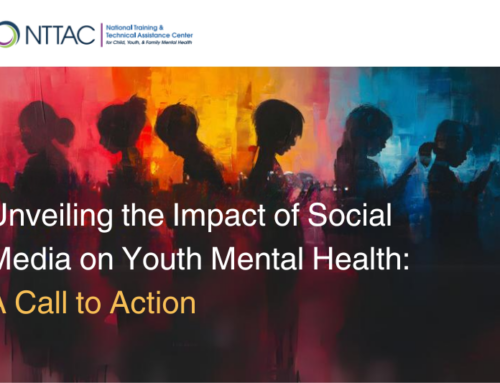Hi! I am Kimberly N. Harris, founder and principal of EducaConsulting. We are a full-service research and evaluation firm, and we have been privileged and honored to work with Change Matrix as Adaptive Change Specialists since the inception of Transforming Academia for Equity (TAE).
In the latest phase of this timely work, I participated in a site visit at the University of Memphis School of Public Health. The insights I gained and the lessons I learned reaffirmed what we always say here at Educa: culture is nested, and what happens at any level (individual, interpersonal, community, society, etc.) impacts and is impacted by every level.
During the site visit, I saw this interplay at U of M’s School of Public Health (SPH), an ethnically and socio-economically diverse school striving to deepen its commitment to equity in policy and practice among students, staff, and faculty. Under the leadership of a new Dean, whose global vision for SPH could signal an even deeper commitment to inclusivity and diversity, students seek opportunities to strengthen local relationships within Memphis communities. For these students, transforming academia for equity involves the “town” just as much as it involves the “gowns.” Meanwhile, SPH is doing this work while the U of M institution grapples with the implications that a recent designation to R1 might have for its student demographic.
Grantee/Guiding Team Learnings
- The Guiding Team (Grantees) at U of M’s SPH are learning that while they have managed to cultivate a ‘climate for inclusion’ as it relates to race/ethnicity, gender, and religion, there is not as strong of a sentiment (among students in particular) that SPH has been equally successful as it pertains to sexual orientation, mental health, and learning disabilities.
- While diversity is valued, faculty feel that policies, programs, and practices should be regularly reviewed and assessed to ensure alignment with school goals and student needs.
- Students express a strong desire to interact and collaborate with surrounding agencies and community groups. However, they feel the absence of institutional structures that could support and facilitate these efforts.
My Takeaways
Amid the complexity and interplay, it was evident that the Guiding Team at the University of Memphis School of Public Health is committed to transformation. They are showing up, listening, and learning. They are doing the work for transformation, and I am honored to walk alongside them in their journey for change.




